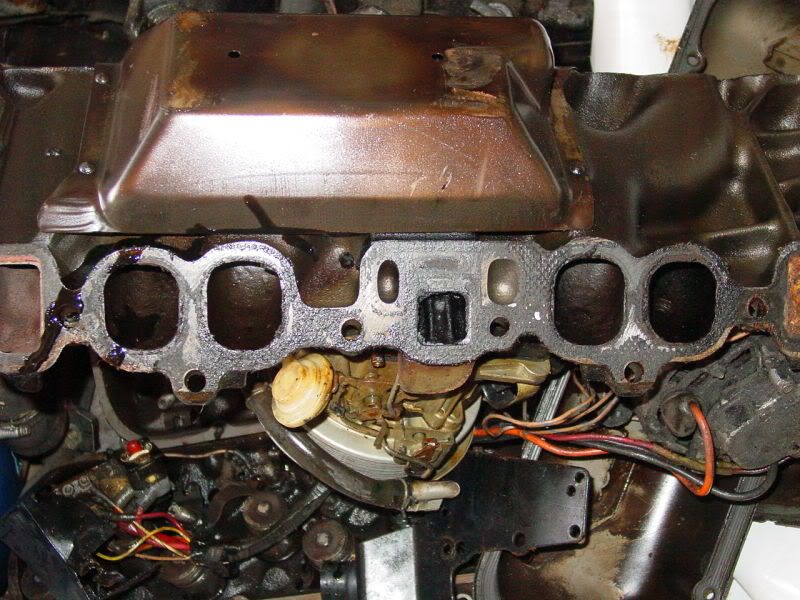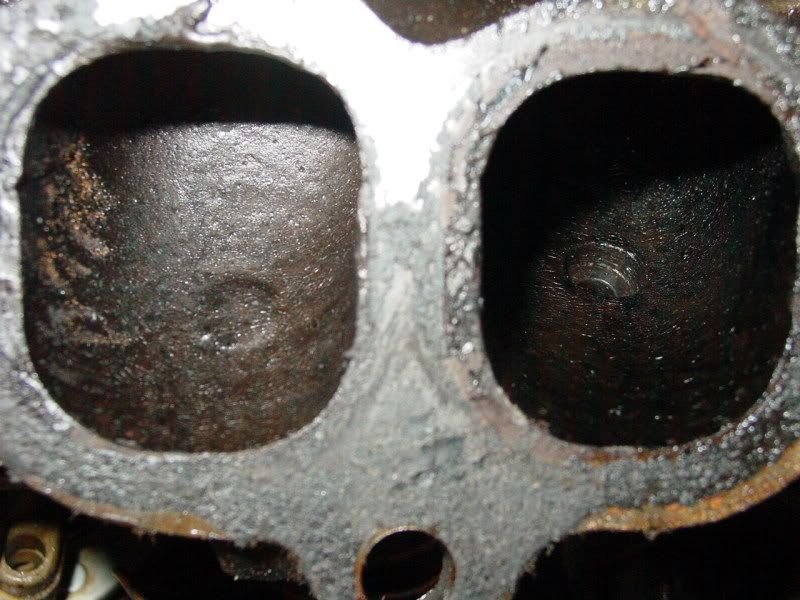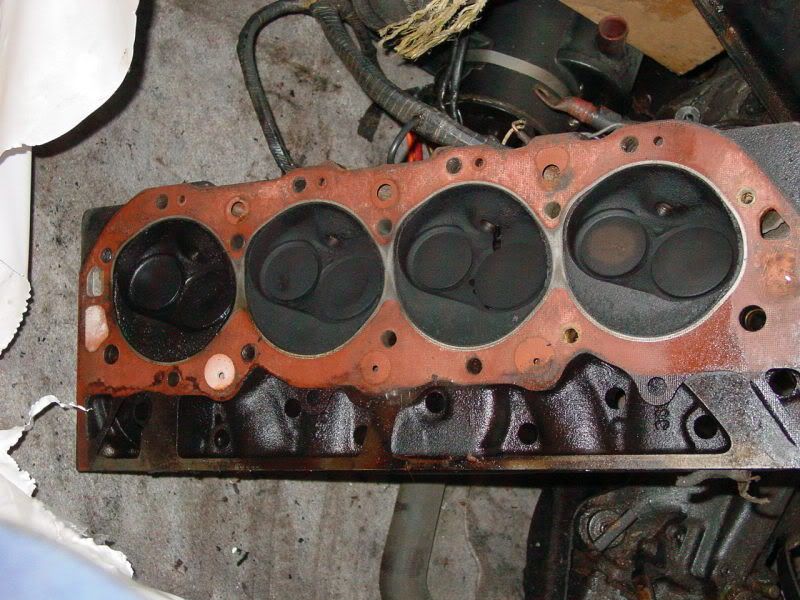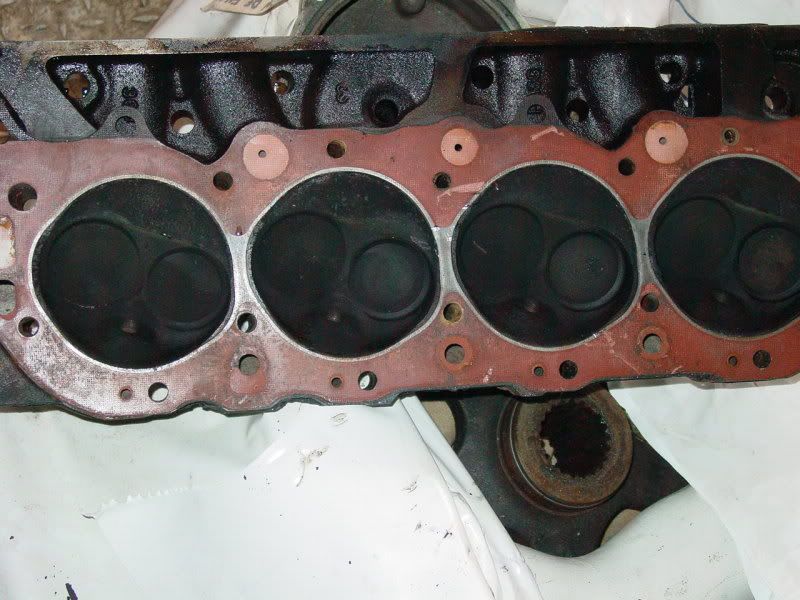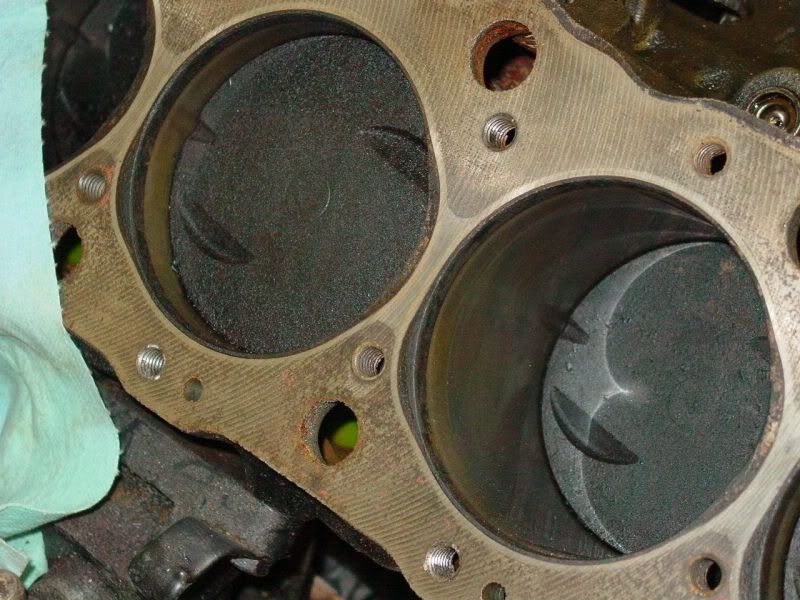Page 1 of 1
What part of the engines does ethanol ruin?
Posted: Apr 27th, '10, 11:20
by adams
When ethanol destroys a old fiberglass tank and all the crud goes to the motors what parts of the motor are affected? I have heard the heads get all messed up, but what about the pistons and rings? Does it then get down into the oil and mess the crank up? Is anything salvagable?
Posted: Apr 27th, '10, 11:55
by In Memory Walter K
Under "normal" conditions, it screws up the carburetor (rebuildable) and fouls the plugs first. The danger (real damage) starts when the valves get glued shut after the engine cools. On restarting, you bend pushrods. By that time, most recognize they have a problem and address it.
Posted: Apr 27th, '10, 13:37
by adams
Thanks Walter. By the way because of a suggestion you made to me I am now actively pursuing a SF!
Posted: Apr 27th, '10, 16:39
by In Memory Walter K
Good luck! It really is a personal choice and how you and your crew use your boat. None of them are "perfect", but we really like the openness of the SF when out on the water and the lower controls and gauges when working on the boat at the slip. Especially when alone.
Posted: Apr 27th, '10, 17:59
by Harv
Posted: Apr 28th, '10, 07:00
by adams
Thanks for posting those pictures Harv. I have never seen what the aftermath looks like. Is that a common result or did that engine have it worse than others?
Posted: Apr 29th, '10, 07:38
by Bruce
Thats common since when fuel goes down the carb it gets distributed 60% evenly on stock intake manifolds.
Posted: Apr 29th, '10, 08:28
by adams
I guess I was more refering to the pistons. I knew that the heads would get all gummed up, and figured the intake manifold would get messed up as well. I have heard of people just changing out there heads after the problem and still running the same long block. Is the whole motor junk once this problem occurs or is it a case by case basis on what needs to be replaced?
Posted: Apr 29th, '10, 13:21
by Rawleigh
Usually the valve train sticks shut after the motors are shut down and the pushrods bend when it is cranked over.
Posted: Apr 29th, '10, 14:26
by adams
so they intake manifold and pistons are usually fine?
Posted: Apr 29th, '10, 14:59
by Rawleigh
Sticky and cruddy, but I don't think they are physically damaged other than some valve scars on several pistons. others may correct me on this as I do not have first hand experience (yet), thank goodness!
Posted: Apr 29th, '10, 16:21
by In Memory Walter K
Randall poured a solvent into his cylinders via his removed spark plugs. His subsequent turning over his engine sprayed black sticky gunk all over his nice clean cockpit. That kind of stuff in your engine's many intricate passages cannot make for a long term relationship.
Posted: Apr 29th, '10, 21:18
by randall
actually what i did was pour acetone down the intake manifold with the carbs removed. i cleaned them separately. i took the plugs out and turned it over with the starter till it ran clean .........well, a lot cleaner. i took precautions but it threw a lot harder than i expected.....kinda like undercoating the cockpit.
150 hours later still running.
Posted: May 3rd, '10, 17:47
by Bruce
A cylinder leak down test will let you know if you have sticking rings.
Posted: May 4th, '10, 17:19
by adams
Bruce how how does 145 sound for a 454...don't know much about it other than that?
Posted: May 5th, '10, 06:51
by Bruce
On a straight compression test, 145 would be okay as long as its consistant with the other 7 cylinders.
I still find a cylinder leakdown test much more valuable.
